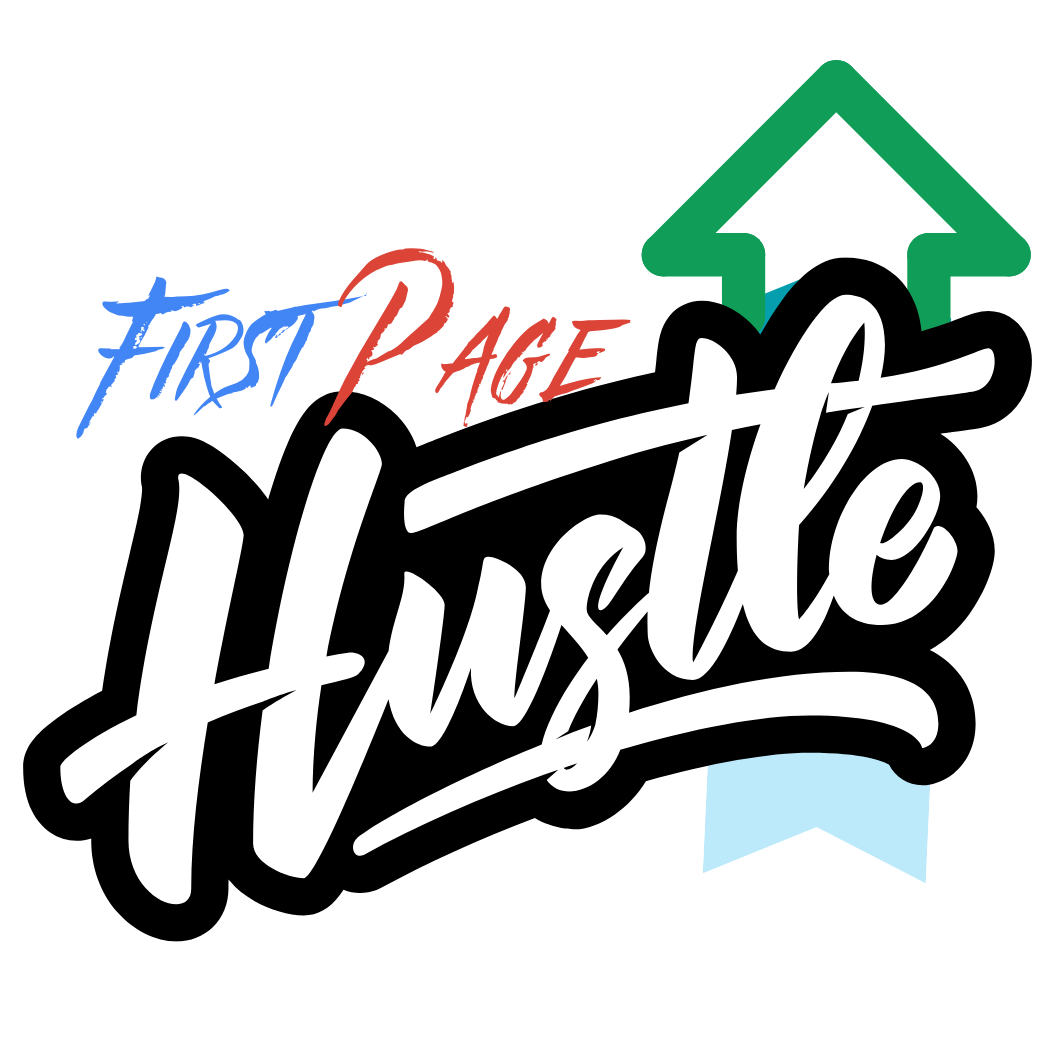Every time you search, there are thousands, sometimes millions, of webpages with helpful information. How Google figures out which results to show starts long before you even type, and is guided by a commitment to you to provide the best information.

Web crawlers gather information from across hundreds of billions of webpages and organize it in the Search index.
A Guide to Understanding the Inner Workings of Search
Have you ever wondered how search engines like Google are able to provide you with a list of relevant websites when you type in a search query? It’s a complex process that involves several steps, and in this article, we will take a deep dive into how search engines work.
- Crawling: The first step in the search process is crawling. This is the process by which search engines send out automated bots, called crawlers or spiders, to discover new web pages and add them to their index.
- Indexing: Once a web page has been discovered by a crawler, it is added to the search engine’s index. The index is a massive database of all the web pages that have been discovered by the crawlers. When you perform a search, the search engine looks through its index to find web pages that match your search query.
- Ranking: Once the search engine has identified a list of web pages that match your search query, it needs to determine the order in which they should be displayed in the search results. This is where ranking comes in. Search engines use algorithms to rank web pages based on their relevance and authority. Relevance refers to how well the content on a web page matches the search query, and authority refers to the credibility and trustworthiness of a website.
- Retrieving Results: Finally, once the search engine has ranked the web pages, it displays the results to the user. The results are typically displayed in a list, with the most relevant and authoritative web pages appearing at the top.

So, how do search engines determine the relevance and authority of a web page? There are several factors that they consider, including:
- Keywords: Search engines look for keywords on a web page to understand what it is about. It is important to include relevant keywords in the content of your web page, as well as in the title and meta description (a brief summary of the web page that appears in the search results).
- Links: Links from other websites to your web page can help to improve its ranking. When a website links to your web page, it is essentially giving it a vote of confidence. The more high-quality websites that link to your web page, the more credibility it has in the eyes of the search engine.
- Content: The content on a web page is also important for ranking. Search engines look for well-written, informative content that is useful to users.
- User Experience: The user experience of a website can also affect its ranking. Search engines want to provide users with the best possible experience, so they look for websites that are easy to navigate, have a clean design, and load quickly.
In conclusion, search engines are complex systems that use algorithms to crawl, index, and rank web pages in order to provide users with the most relevant and authoritative results. By understanding how search engines work, you can optimize your website to improve its ranking and reach a wider audience of potential customers.





GIPHY App Key not set. Please check settings